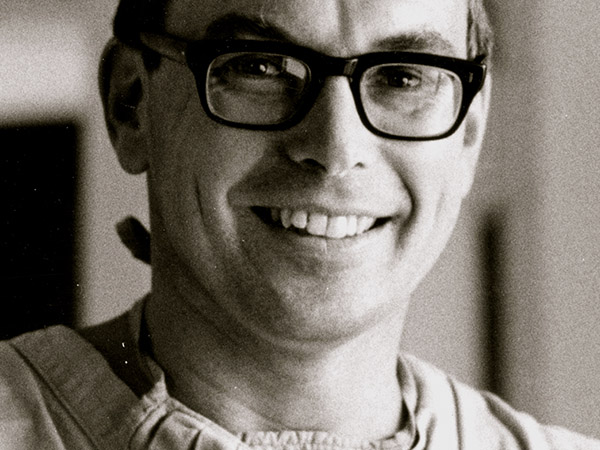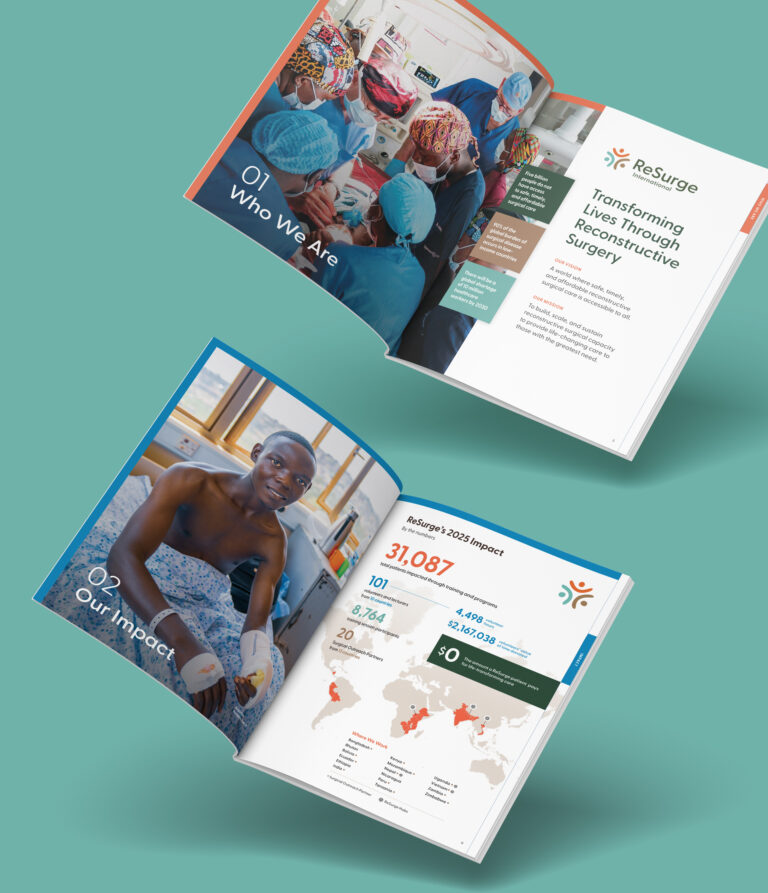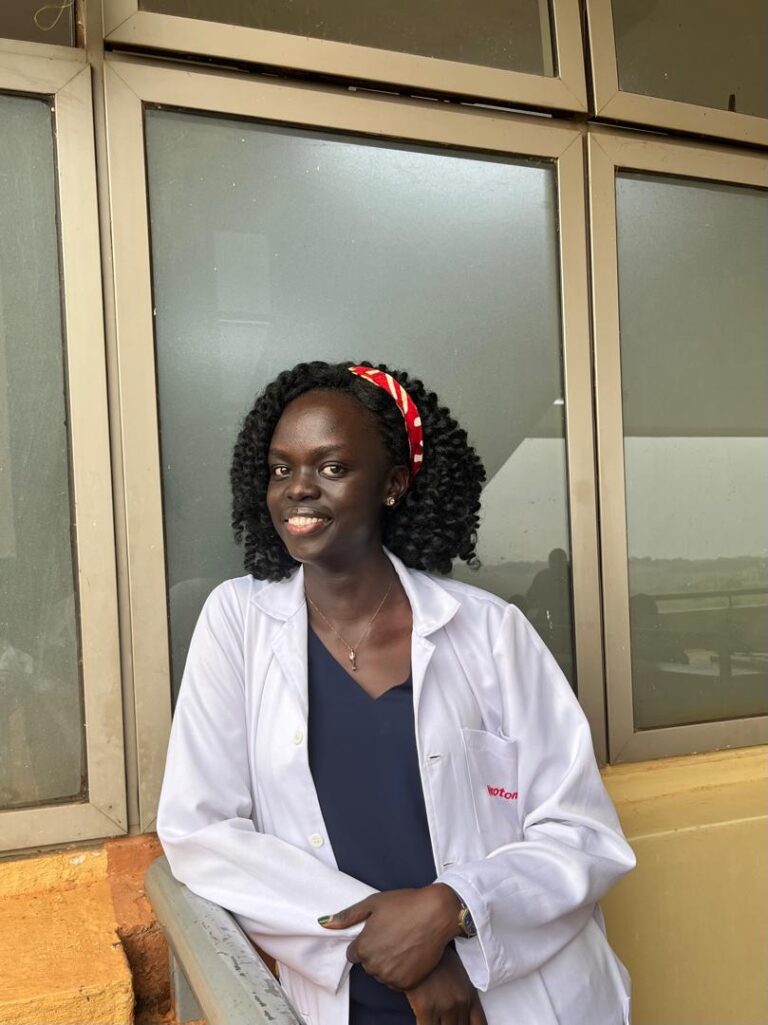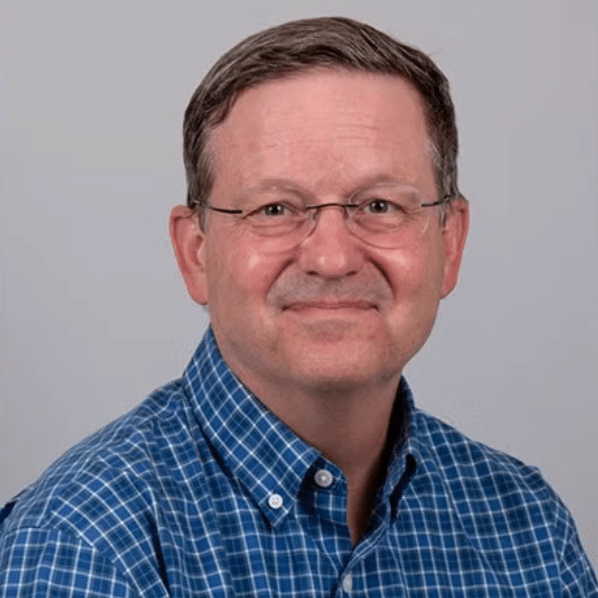In 1969, a group of volunteers from the Bay Area’s Latin American Mission Program (LAMP) requested help from Stanford University Hospital for a 13-year-old boy Mexican boy named Antonio. Antonio has a severe cleft lip and palate. He was being raised by his grandmother, apart from his parents and six siblings, and isolated from his community because of his appearance. He had never attended school and rarely interacted with other children. Dr. Robert Chase, mentor to Interplast/ReSurge founder Dr. Donald Laub at the Stanford University School of Medicine, performed the surgeries to repair Antonio’s lip and palate. Antonio returned to Mexico and began attending school, performing very well.
Inspired by this success, Drs. Laub and Chase traveled to Mexico with LAMP, where they found a tremendous number of children in need of reconstructive surgical care. Determined to help them, Dr. Laub established a program to provide surgeries on a regular basis in a charity hospital in Mexicali. Interplast was born, the first organization of its kind. Dr. Laub, while serving as chief of plastic surgery at Stanford University School of Medicine, a position he held from 1968 to 1980 was a pioneer in the field of global humanitarian surgery, with his vision of multidisciplinary teams from university medical schools or nonprofits taking short.
Interplast began to grow and systematize operations. However, it remained primarily a grassroots effort of volunteer, with just a few paid staff. Volunteer teams of medical professionals began to make regular trips to Mexico and Honduras, providing care for local patients who lacked the means to pay for reconstructive surgery. The teams then began to provide guest lectures at local medical schools and hospitals and working alongside locals in the operating rooms.
Interplast, its volunteers and its work, were highlighted in several national television programs. Diane Sawyer of 60 Minutes joined Interplast volunteers on a trip to Ecuador and founder Dr. Donald Laub received an award from President Ronald Reagan for his work with Interplast. With continued growth, by the end of the 1980s, Interplast was working in nine countries.
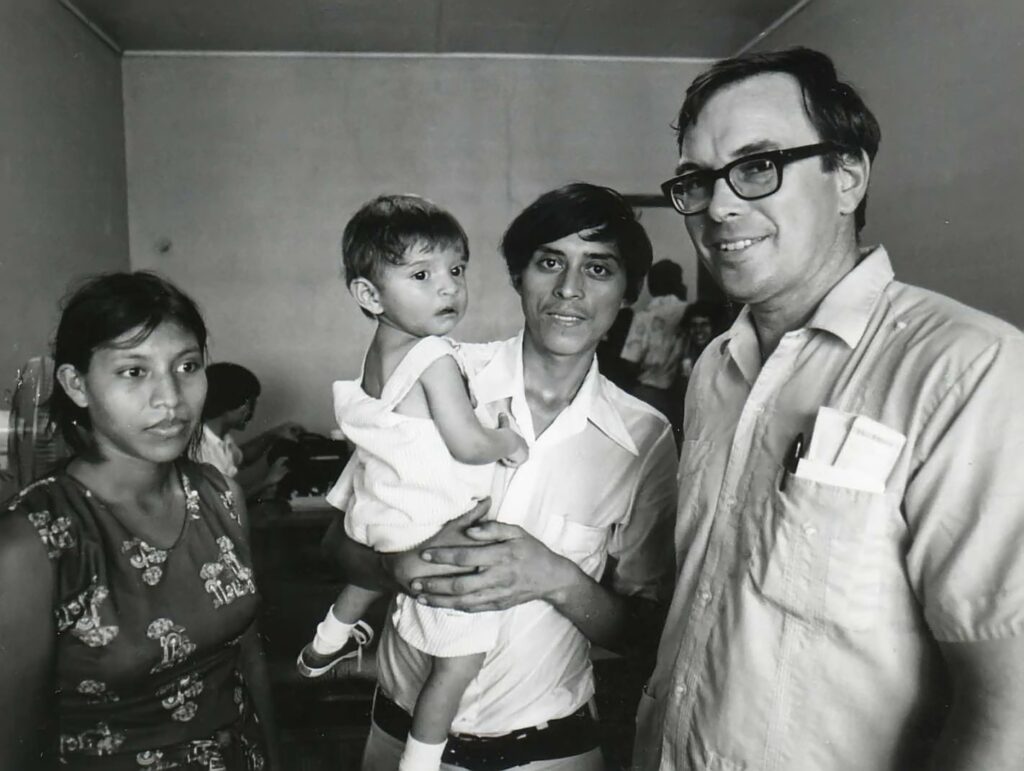
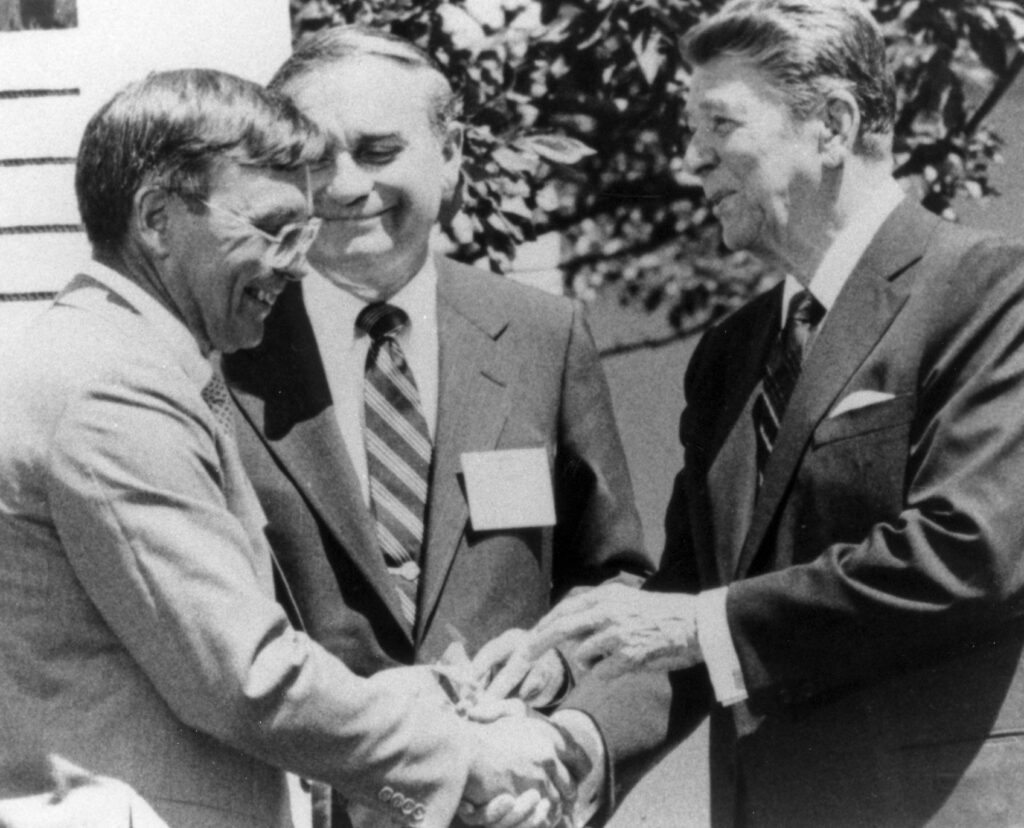
Interplast sent its first team to Vietnam, beginning its work there before the US re-establishes diplomatic relations with the country after the end of the Vietnam conflict. Continuing the evolution, shifting from a primarily founder- and volunteer-run organization to a professionally managed nonprofit, Dr. Laub organized the non-profit organization with staff in Palo Alto officer to oversee delivery of medical and training services.
Interplast was now delivering more than just surgical care for cleft lips and palates by partnering with local professionals in the countries it served, empowering them and creating a more sustainable model of care. Later in the decade, because of the very high incidence of burns in these countries, burn reconstruction became another foundation of care.
US medical professionals continue to travel overseas to train local surgeons by working alongside them in treating patients.
Interplast changed its name to ReSurge to distinguish itself from the less-formal Interplast “chapters” founded around the world by Interplast alumni and supporters. ReSurge performed its 100,000th surgery in 2000 and the organization introduced the ReSurge Global Training Program (RGTP), developing curricula in surgery, anesthesia, and nursing, while recruiting distinguished faculty from US medical schools to deliver training in the countries served. ReSurge also began advocating to policymakers and stakeholders to increase its impact and the political priority on the neglected global health issues of global surgery and burn injuries.
Read more about ReSurge history here.
During Dr. Laub’s storied career, he completed 159 surgical trips and performed 1,500 cleft lip and palate surgeries. Through ReSurge, however, his legacy extends far beyond the patients he touched personally, to include the more than 140,000 patients whose lives the organization transformed through reconstructive surgery, and the hundreds of medical professionals ReSurge trains each year. In 2013, he received the Surgical Humanitarian Award from the American College of Surgeons in recognition of his lifetime of service providing surgical care to the underserved in developing countries.
In addition to his work providing surgical care to the underserved in developing countries, Dr. Laub personally trained and mentored more than 50 plastic surgeons throughout his career. He was also at the forefront of gender affirmation surgery for transgender people, and through his work became a passionate advocate for the rights of transgender people.
Dr. Laub holds a bachelor’s degree from Marquette University and an M.D. from the Marquette University School of Medicine. He interned at Yale School of Medicine before completing his residency at Stanford.

